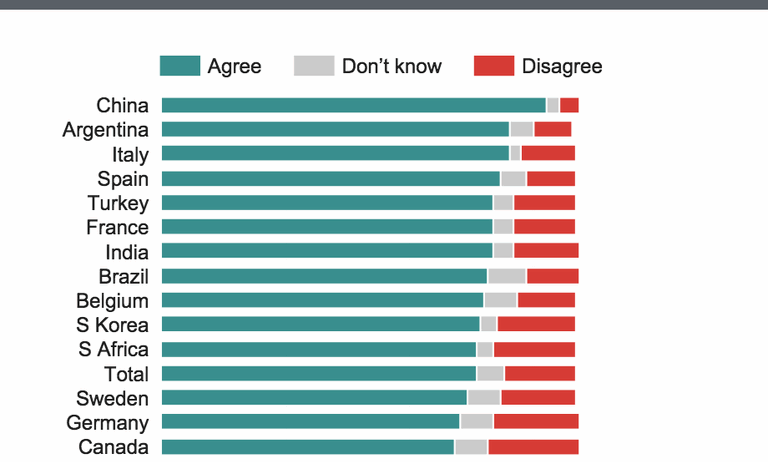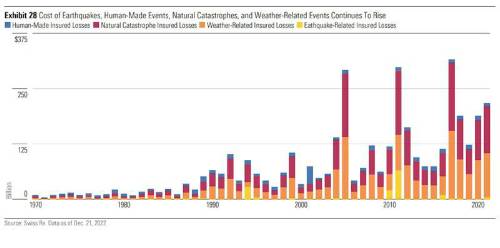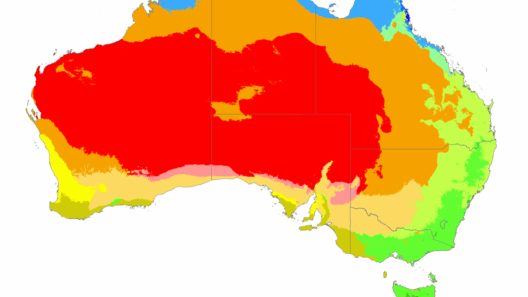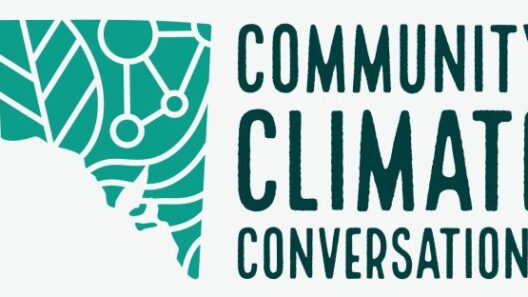In the contemporary discourse surrounding global warming, the question “Does climate change exist?” frequently captivates public interest. The overwhelming scientific consensus affirms that climate change is not merely a hypothetical scenario but a formidable reality, underscored by irrefutable data. Despite this consensus, a palpable skepticism persists in certain sections of society. This phenomenon warrants examination, as it reflects not only the complex interaction between science and public perception but also a deeper cultural fascination with the nuances of scientific inquiry and belief.
Firstly, it is essential to delineate what constitutes climate change. At its core, climate change refers to significant and lasting alterations in temperature, precipitation, wind patterns, and other elements of the Earth’s climate system. The predominant driver of current climate change is anthropogenic greenhouse gas emissions, primarily carbon dioxide and methane, which result from industrial processes, deforestation, and the combustion of fossil fuels. Scientific datasets substantiate that global temperatures have risen by approximately 1°C since the late 19th century, correlating with increased carbon levels in the atmosphere. This change is not a fleeting anomaly; it is a sustained trend that has garnered the attention of climatologists and policymakers alike.
The statistics are stark. The Intergovernmental Panel on Climate Change (IPCC) reports that since 1900, sea levels have risen by about 8 to 9 inches, with projections estimating a further rise of up to 3 feet by the end of the century if current trends continue. Furthermore, the frequency and intensity of extreme weather events—hurricanes, droughts, and floods—have escalated in recent decades, aligning perfectly with the scientific predictions made about climate change’s impact. The melting of polar ice caps and glaciers serves as an alarming visual indicator of the planet’s warming—a poignant reminder that the ramifications of climate change are unfolding before our eyes.
Despite the compelling body of evidence, skepticism about climate change lingers. This ambivalence can often be traced back to a complex interplay of economic, political, and psychological factors. On one level, climate change poses significant challenges to established industrial practices and economic models. Industries reliant on fossil fuels, such as coal and oil, face existential threats as society shifts toward sustainable alternatives. Consequently, vested interests often sow doubt about the realities of climate change, framing it as a speculative narrative rather than a dawning reality. This economic imperative can lead to a calculated manipulation of public perception, where skepticism serves as a bulwark against regulatory interventions.
Moreover, political affiliations often predict individuals’ stances on climate change. Surveys consistently reveal that belief in climate change correlates with political orientation, with liberal individuals more inclined to acknowledge its existence and urgency, while conservative counterparts exhibit higher levels of skepticism. This divide, exacerbated by polarized media portrayal, engenders a simplified binary: you either believe in climate change, or you do not. This dichotomy hardly captures the complexity of the issue at hand, but it does highlight the extent to which belief is entwined with identity and worldviews.
Psychologically, cognitive biases play an insidious role in how individuals process information about climate change. The confirmation bias, for instance, leads individuals to seek information that substantiates pre-existing beliefs. For skeptics, this can result in an echo chamber effect where dissenting scientific opinions are disregarded, creating a perceived legitimacy of their stance. Additionally, the phenomenon of ‘psychological distance’—the perception that climate change is a distant threat, impacting future generations rather than our current reality—can foster apathy and inaction, even in the face of dire evidence.
However, addressing climate change is not merely a scientific imperative—it is an ethical one. Ignoring the reality of climate change endangers ecosystems, economies, and the fundamental fabric of human society. The challenge lies not only in disseminating scientific facts but also in fostering a culture that prioritizes environmental stewardship. Communities worldwide are beginning to embrace this call to action, mobilizing grassroots movements aimed at promoting sustainable practices, advocating for policy changes, and educating the public on the intricacies of climate science.
This growing awareness is manifested in the emergence of a collective identity—a global citizenry increasingly cognizant of their ecological footprint. Individuals, especially the youth, are harnessing social media to galvanize support for climate action, galvanizing a narrative that emphasizes agency in combating climate change. Environmentalists argue that recognizing the existence of climate change is the first step toward meaningful change. It demands a paradigmatic shift in how society conceptualizes progress, moving away from short-term gains and toward long-term sustainability.
In conclusion, while the question of whether climate change exists has garnered significant attention, the more pertinent inquiry may involve understanding the nuances of skepticism surrounding it. A confluence of economic, political, and psychological factors informs this skepticism, complicating the dialogue around climate science. Nonetheless, the preponderance of evidence illustrates that climate change is an undeniable reality that carries urgent implications for our collective future. Confronting the climate crisis is not solely a scientific endeavor; it is an ethical mandate and a societal necessity. The ongoing challenge lies in reconciling skepticism with science, fostering a more informed and proactive approach to one of the most pressing issues of our time.








